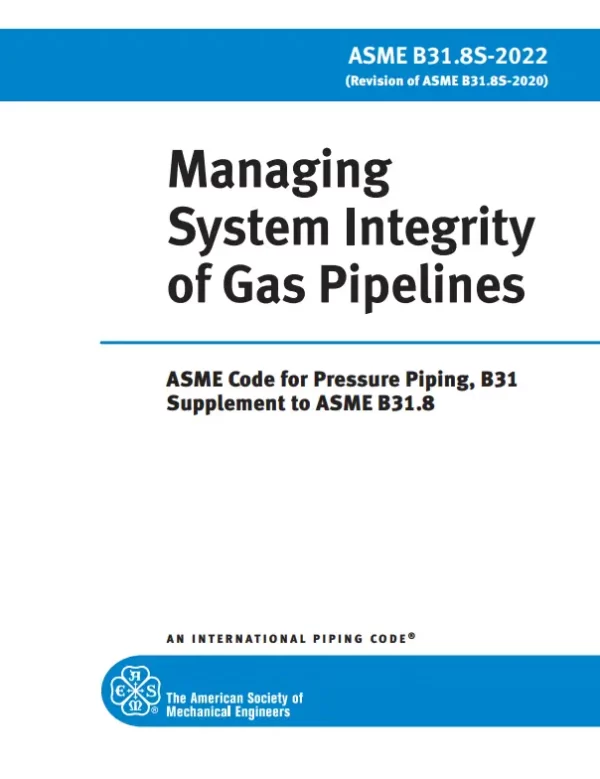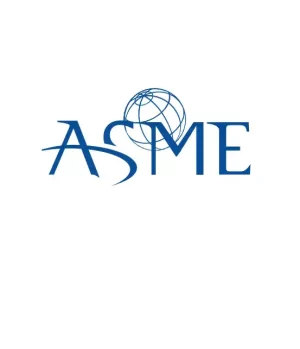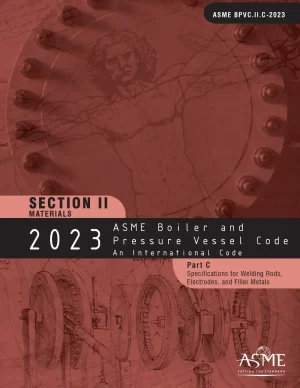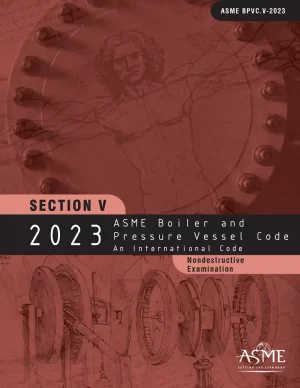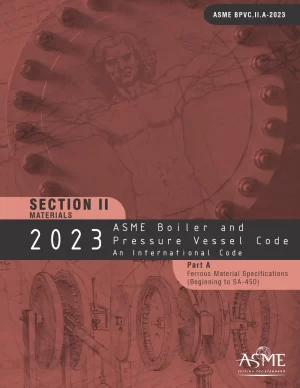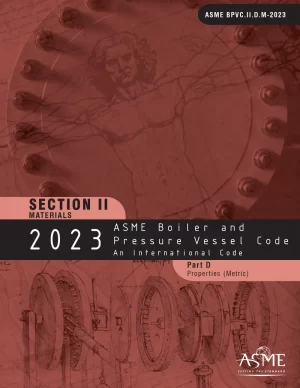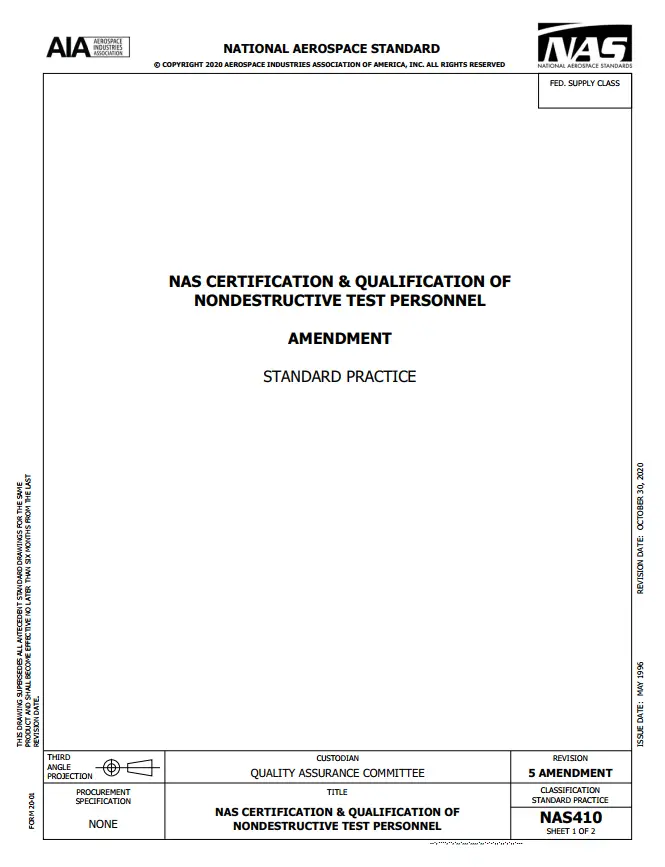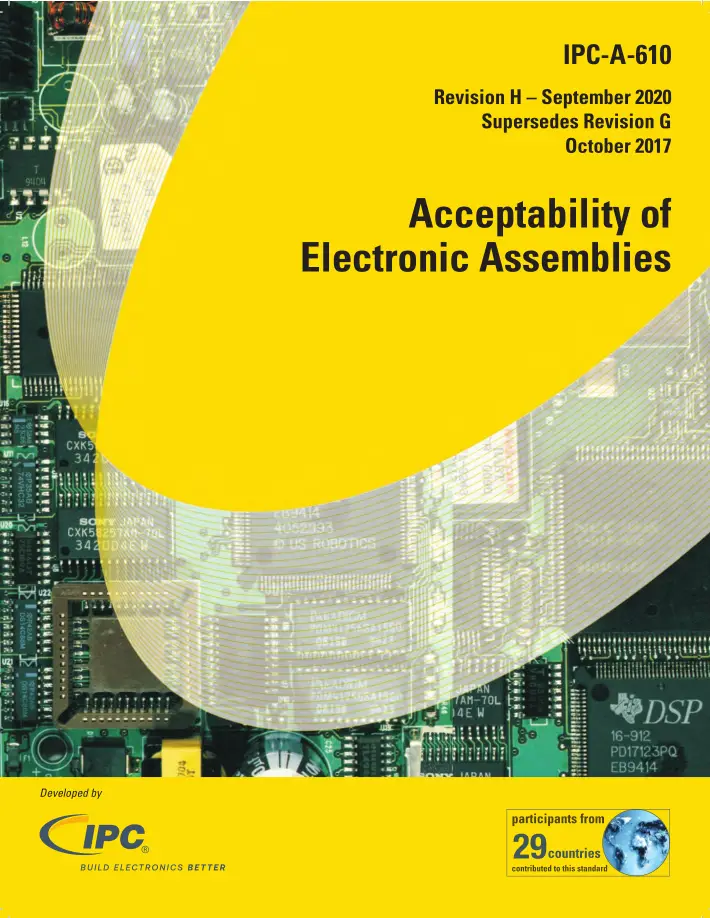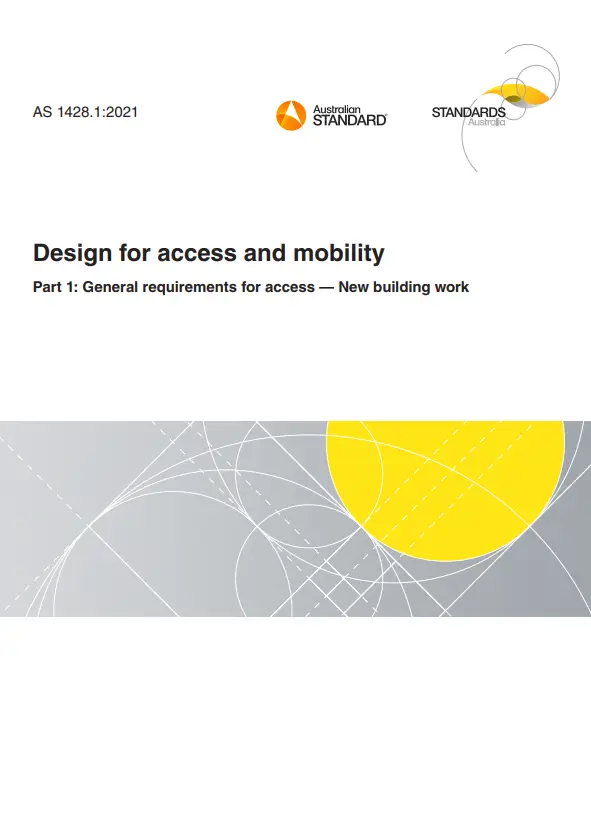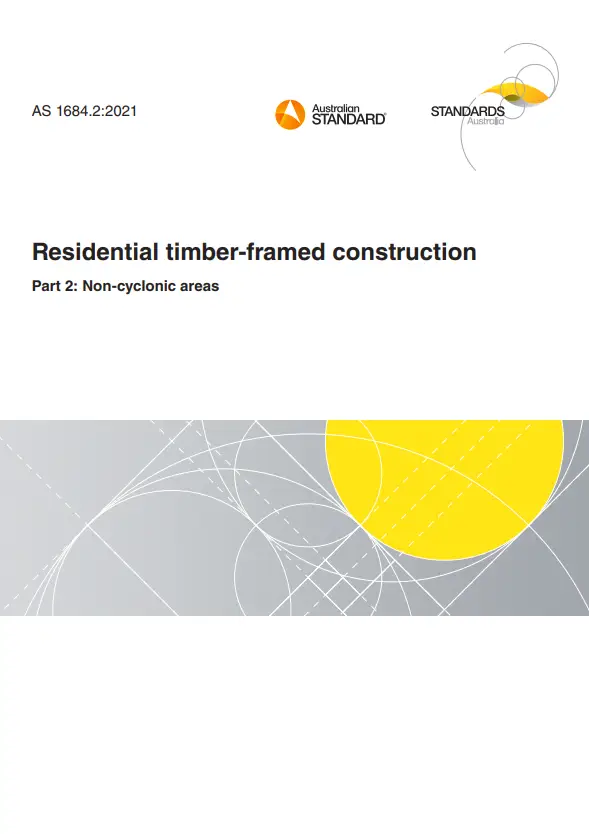ASME B31.8S, 2022 Edition, 2022 – Managing System Integrity of Gas Pipelines
ASME B31.8S applies to onshore pipeline systems that are constructed with ferrous materials and transport gas. The principles and processes embodied in integrity management are applicable to all pipeline systems.
This Code is specifically designed to provide the operator (as defined in section 13) with the information necessary to develop and implement an effective integrity management program using proven industry practices and processes. The processes and approaches described within this Code are applicable to the entire pipeline.
Purpose and Objectives
Managing the integrity of a gas pipeline system is the primary goal of every pipeline system operator. Operators want to continue providing safe and reliable delivery of natural gas to their customers without adverse effects on employees, the public, customers, or the environment. Incident-free operation has been and continues to be the gas pipeline industry’s goal. The use of this Code as a supplement to ASME B31.8 will allow pipeline operators to move closer to that goal.
A comprehensive, systematic, and integrated integrity management program provides the means to improve the safety of pipeline systems. Such an integrity management program provides the information for an operator to effectively allocate resources for appropriate prevention, detection, and mitigation activities that will result in improved safety and a reduction in the number of incidents.
This Code describes a process that an operator of a pipeline system can use to assess and mitigate risks to reduce both the likelihood and the consequences of incidents. It covers both a prescriptive-based and a performance-based integrity management program.
The prescriptive process, when followed explicitly, will provide all the inspection, prevention, detection, and mitigation activities necessary to produce a satisfactory integrity management program. This does not preclude conformance with the requirements of ASME B31.8. The performance-based integrity management program alternative uses more data and more extensive risk analyses, which enable the operator to achieve a greater degree of flexibility to meet or exceed the requirements of this Code, specifically in the areas of inspection intervals and tools and mitigation techniques used. An operator cannot proceed with the performance-based integrity program until adequate inspections are performed that provide the information on the pipeline condition required by the prescriptive-based program. The level of assurance of a performance-based program or an alternative international standard must meet or exceed that of a prescriptive program.
The requirements for prescriptive-based and performance- based integrity management programs are provided in each of the sections in this Code. In addition, Nonmandatory Appendix A provides specific activities by threat categories that an operator shall follow to produce a satisfactory prescriptive integrity management program.
This Code is intended for use by individuals and teams charged with planning, implementing, and improving a pipeline integrity management program. Typically, a team will include managers, engineers, operating personnel, technicians, and/or specialists with specific expertise in prevention, detection, and mitigation activities.
General Product Information:
| Document Type | |
| ISBN | 9780791875414 |
| Pages | 80 |
| Document Language | English |
| Publisher | American Society of Mechanical Engineers (ASME) |
| Status | Current |

